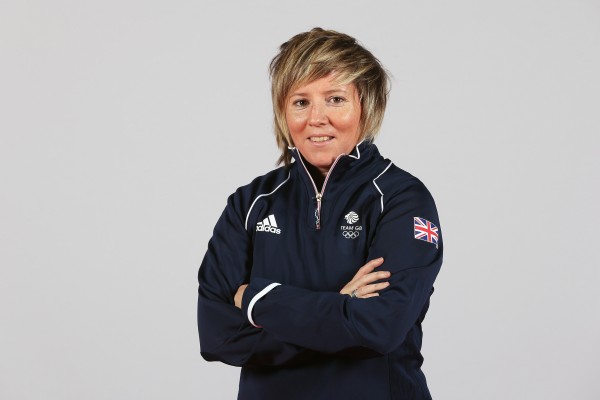1. Give us a bit of background on yourself… (sporting career, qualifications, coaching experience)
I played hockey to an international level but that was a long time ago now – that experience led me to coaching and my love of psychology. My degree was sport science and my Masters in Sport Psychology, I also have a PhD and am a chartered sport scientist specializing in performance psychology.
2. What has been your biggest influence in your practice?
Every experience influences my practice. Being a performance psychologist I am fortunate to work in lots of different fields primarily sport but also in business. Every athlete, coach or team environment I work in brings different experiences, expectations and challenges so fortunately that means you have to learn and grow with those experiences. I primarily work in high performance environments and that also means I get to learn from the people I work alongside and you can take that information with you. Being a university lecturer you also have to read a lot for research and teaching which means my practice is evidence based so that influences how I work.
3. What is your particular area of interest in sport?
Performance psychology and performance coaching.
4. How do you think this particular area applies to youth athletes?
Sport psychology encompasses a multitude of elements and can benefit young athletes in so many ways, including and not limited to: improved concentration, emotional regulation, stress management, developing positive beliefs, enhanced wellbeing, augmented motor control and skill acquisition, enhanced performance preparation and management – the possibilities are endless. Its essential to introduce this throughout the athletic life-cycle rather that see it as a quick fix when ‘problems’ arise. Education with youth performers can help performers better understand both themselves and those around them. Sport psychology can often be overlooked in youth performers but is critical to youth development. I would say to coaches and athletes at any level don’t ignore this important dimension to training – get out there and either work with a professional or get reading as there is so much you can learn for yourself about sport psychology.
5. What is the best piece of advice you’ve received as an athlete or coach?
Keep learning, you are a scholar in your field and you can always enhance your knowledge. Be open to challenge and change this will enable you and those around you to grow.
6. What advice would you give to coaches working with youth athletes?
Empower your athletes, aim to create critical decision makers and think about how to foster positive emotions in the training and performance environment.
7. Can you recommend any particular resources for personal/coaching development?
For some simple tips on all things sport psychology I would go to Believe Perform – they have some really simple infographics for coaches to use. Twitter has a wealth of information – follow people who offer thought provoking commentary on practice – keep reading and listening.
8. Where can people find out more about you and your work?
Vector Performance Coaching or through my research.
If you enjoyed this post please like, comment below or find us on Facebook to keep up to date with more content!
Are you a grassroots youth sport coach or PE teacher who wants to improve the athleticism of your athletes?? Check out our Fundamental series athletic development programs here.
Ask the Expert – Dr Emma Kavanagh (Bournemouth University)

